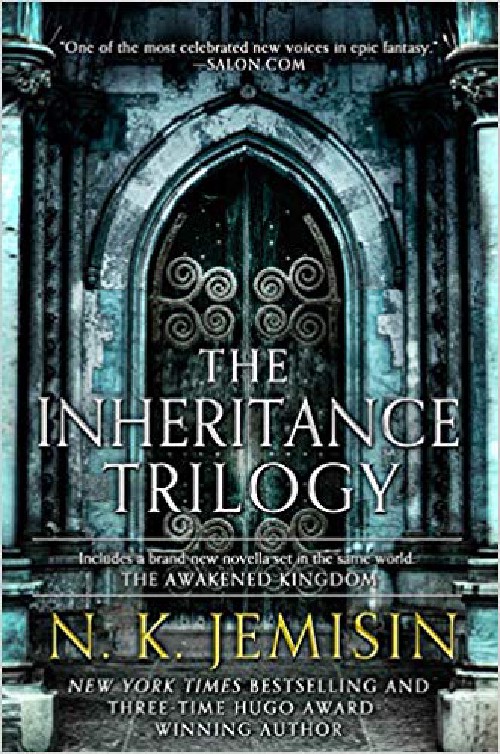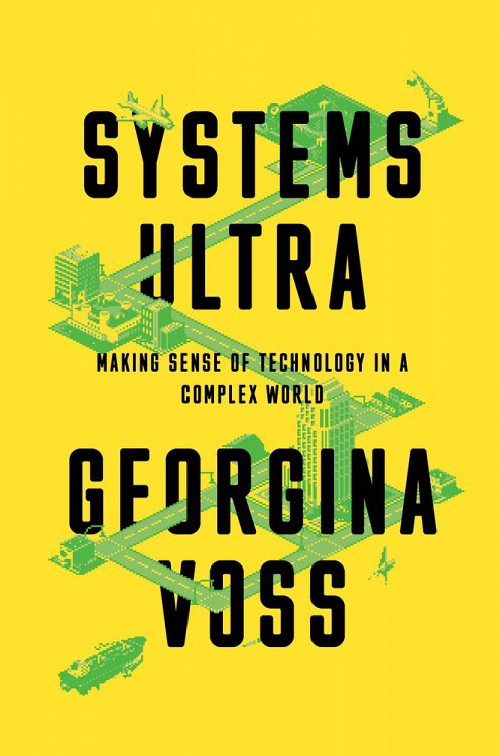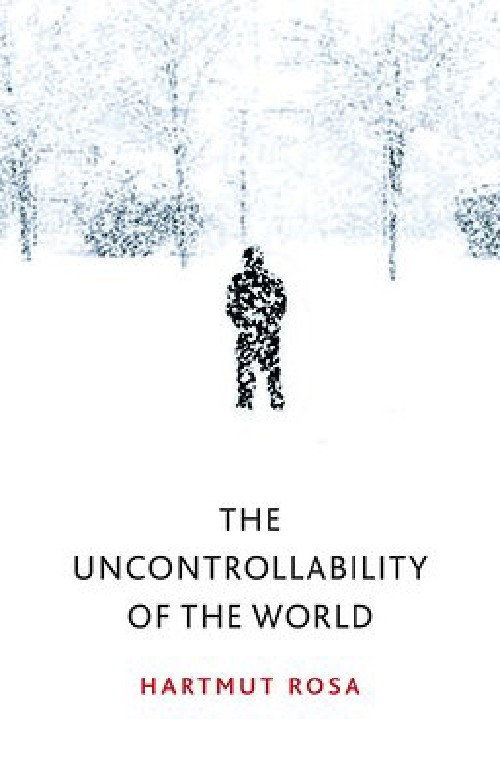
The Inheritance Trilogy
Copyright 2014, Orbit
Fiction
N.K. Jemisin can see the world unlike, perhaps, any other fiction author I have ever encountered. Better is the word I seek. She can see the world better. With this clarity, she builds worlds that I feel like I inhabit while reading her fiction. I inhabit it because I believe every single iota of the universe her stories take place in.
Jemisin has two trilogies; the Broken Earth trilogy about a world in which some humans have developed the ability to control earthquakes by channeling the energy of the earth, and the Inheritance trilogy, about a world where gods and godlings exist and interact with the mortal realm. Each trilogy is gripping, enthralling, damn good fiction. But after finishing the Inheritance trilogy this month I have been reflecting on what, to me, stands out about Jemisin’s fiction more so than most other books I read.
What is the substance of life? There is physical substance; we live on a planet of rocks and biomass and we consist of flesh and bones and wrinkly brains all covered by skin. There is water and air and global systems of climate as well as small ecosystems of interactions between plants and animals and critters and microbes. Some of these are physical substances, others are interactive substances, all operate within rules and structures that we may or may not understand.
But there are so many other substantial things about life. Think about aging - animals and humans alike are born and grow old and work to survive. The substance of a being changes in that time; knowledge accumulates, abilities are gained or lost, understanding emerges. We encounter pain, we learn lessons from it, we embrace it or avoid it or learn slowly to navigate our relationship with it.
For humans, the substances pile on; we have emotions and reason and internal dialogues and all of us are navigating the external world while dealing with our whole internal world and these things often clash in cacophonous ways. Rationally we might know that something happening to us makes sense but that doesn’t at all mean we will emotionally respond in ways that we can describe; and yet, of course, our emotions are valid and undeniable and real. These internal aspects of our human experience affect us and our choices and relationships to other; they are substantial components of being alive.
And gods, we tend to get enmeshed with others emotionally, romantically, sexually, and so many other ways. The substance of these relationships is invisible but felt, real, tangible in some way. Relationships change the participants, in healing or harmful ways, in good and bad and neutral ways, in visible and invisible manners, in the near term and in the long term.
Threaded through all these substances of life is power - the dynamics between two substances and the strength or lack thereof that interactive substances might contain. I struggle now to find words that loosely capture “power” as a concept yet it is a present force in all interactions between substances.
And still, there are so many unnamed things that make up the time and space inside this universe; all these forces and concepts and atoms and ideas constantly roiling around in systems large and small. Existence is complex, vast, glorious and horrifying. It’s hard to learn to see all of these things, let alone name them, let alone keep them in mind.
Jemisin’s fiction somehow contains all of these substances. Her trilogy about the end of the world is a story about how humans interact with the physical world, how the physical world interacts with humans, how humans seek to control what they fear, how mothers love their children, how love works, what it is exactly that creates life in the first place, how time works, what slavery does to humans, is redemption even possible, is liberation even possible, how much we miss the timescales that the planet operates on, how we must destroy the patriarchy, how tectonic plates work, and more. Her fiction feels like it contains everything.
I read about two-thirds of the Inheritance trilogy in a weekend (1000 pages of 1300) because I was so embedded in the world. I lost hours at a time in the book, and then when I returned to the here and now, I had new ways of seeing the world around me. Jemisin sees all of the substances of life, the physical, the emotional, the conceptual, and then writes those substances into her worlds. It’s phenomenal.
I want to end there, but I must add on: all of these substances are so visceral and real in her worlds because Jemisin’s books have plots that keep you on the edge of your set and characters that feel more real that half the people I’ve met in real life. I write here of her world-building, but these trilogies are much deeper than just the worlds they are contained in. You really have to read them to understand.



